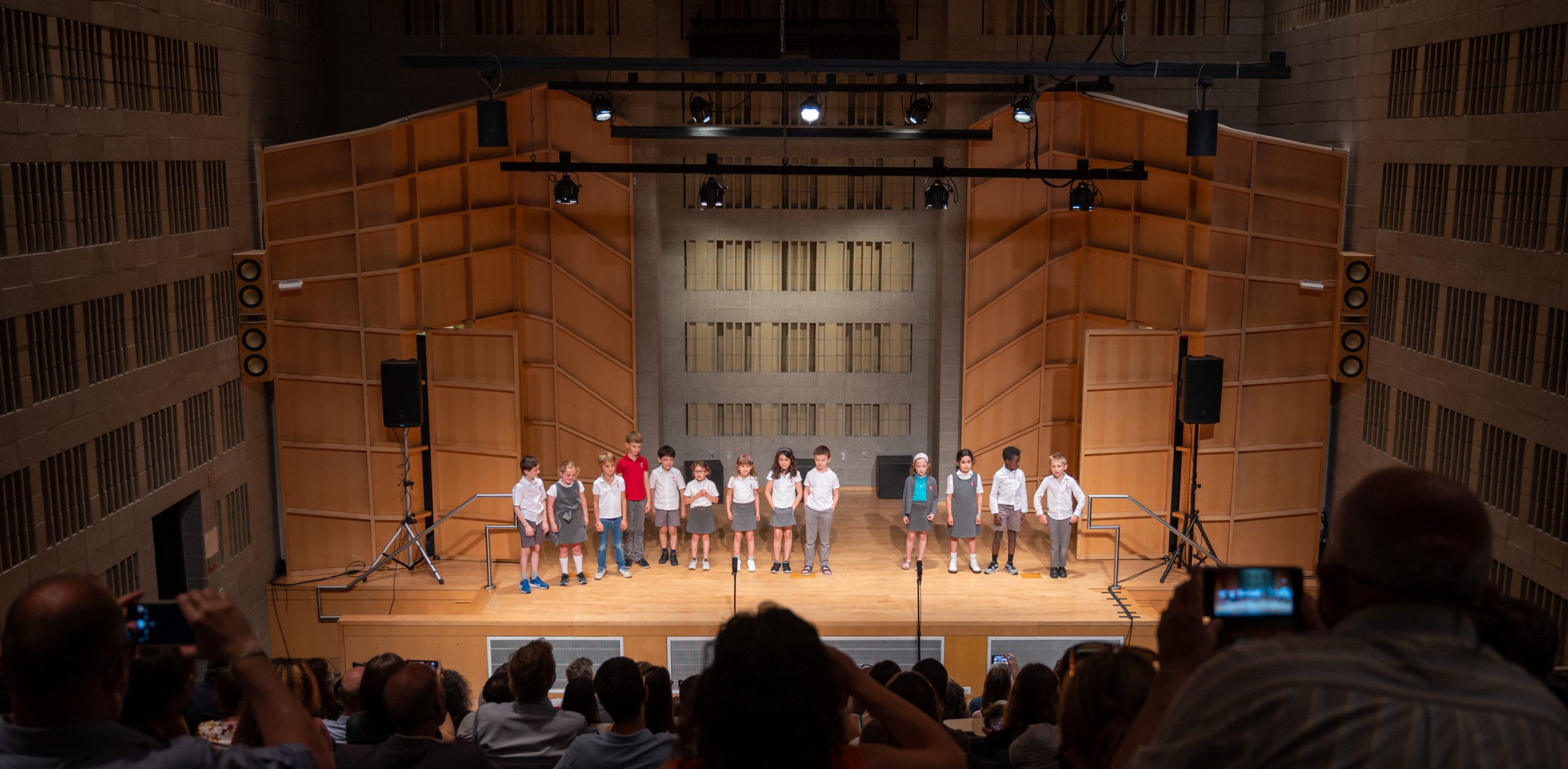For the past few years, we’ve had ringside seats to a power struggle in the world of education between two fields of thought that we can summarize thus: in the red corner, those who think that teaching is an art, and in the blue corner, those who think it is a science. The blue corner has gained considerable influence recently. The lack of theoretical training for teachers in cognitive learning processes is increasingly surprising. How, one wonders, can anyone teach a child anything without a grasp of how the brain receives and processes information? Is it possible to teach without a basic understanding of neuroscience?
These are entirely legitimate questions that are the subject of (sometimes intense) debate in France and in the US. The choice of one reading method over another can practically become a political decision, while tendencies in math teaching evolve so quickly—almost at the rate of publication of research papers—that it can be difficult to keep up. The results of assessments such as PISA can seem counter-intuitive and contradict the empirical data we have to hand (without even going into questions about the validity of such assessments or the value of standardized testing as a means of achieving results).
There are always abstract questions about education in schools. And then there is the theater that we witnessed this week. The magic of a darkened room that leaves light only for children to shine. The happiness of hearing those voices and seeing those smiles. The pleasure of witnessing the bond that connects the children to each other, to their parents, and to Rémy their theater teacher (to whom I could dedicate an entire letter thanking him for his work). The joy of meeting the actors after their performances to congratulate them and sensing their satisfaction and relief.
Sometimes things are simple: work together, set goals, make sure you have the means to reach them, laugh, cooperate, aim for the same thing, be proud of what you accomplish, play, have confidence in yourself and in others, take pleasure, make other people happy. It’s all part of learning. I left this week’s performances more sure of my beliefs than ever. I believe that teaching is an art that needs science. I believe in optimism and positive energy as the foundation of learning more than I believe in methods. I believe that even with a limited amount of time we can accomplish incredible things when we work together. I believe that we need to create unforgettable memories for our students on a daily basis. I believe that the teacher-student relationship is at the heart of everything.
I believe it because that’s how I want to experience my profession. I believe it quite simply because I saw proof of it this week when I went to the theater to see our enthusiastic students perform. And I was enthusiastic in turn when I realized that the kids were showing us the path to follow. It was a breath of fresh air for me to set aside scientific articles and focus instead on what the children on stage were saying about the kind of school they want to experience.


